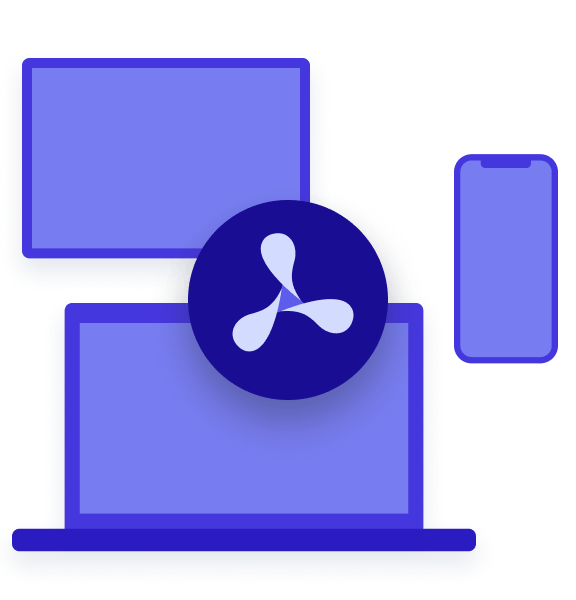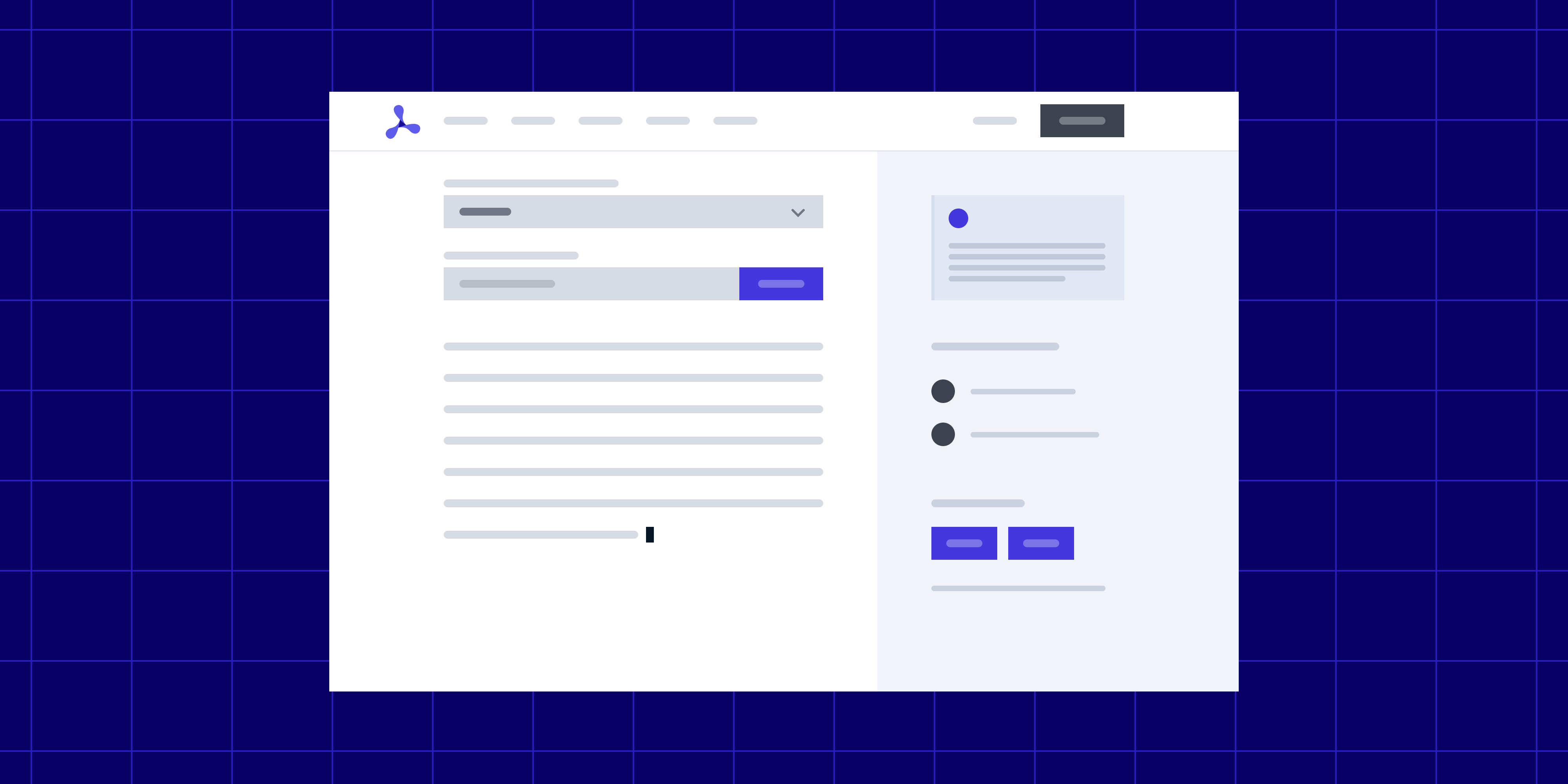The Case for Ad Hoc Engineer 1:1s with Newcomers

It’s been repeated over and over that isolation is one of the biggest issues when it comes to remote work, and the current COVID situation isn’t making it any better. In this blog post, I’ll share a bit about an unspoken problem of the current lockdown situation for remote companies: making new engineers feel like they belong. Although the scenario and solutions outlined here can apply more broadly, I’ll discuss them from the point of view of an engineer.
The Problem
I’ve been working remotely since 2015, and since then, I’ve seen many different types of proposals for remote work. But the one thing companies with successful remote cultures have (and which, ironically, is usually perceived as nothing but a nice perk) is some form of group retreats. Contrary to what my parents think, retreats are less about backpacking Europe and more about being one of the most important aspects of ensuring teamwork can be done in remote settings. Relationships can be kept alive online, but they should be created face to face.
Since COVID hit, retreats have become impossible. My last retreat, with the previous company I worked for, was in February 2020, right before the lockdowns began. I joined PSPDFKit in late 2020, and, as such, I still haven’t had the opportunity to meet my colleagues in person.
1:1s to the Rescue
Because I was aware of all the shortcomings of thinking your coworkers are Slack avatars and not real people, the first thing I did when joining PSPDFKit was schedule one-on-one meetings with everyone on my team — nothing formal or serious, just some chitchat. We talked about life, children, yoga, and Oxford commas. If you’re new to a remote company, I strongly advise you to do the same. The change this makes in the way you perceive your peers is indescribable.
After talking to people outside the context of meetings-that-could’ve-been-emails, you understand them better: their motivations, what they mean when they write in Slack, how to write better code reviews for them, how to ask for and receive feedback from them, and more. Knowing the people behind the picture in the messaging apps is the difference between writing code with strangers and being part of a team.
The one thing that surprised me about PSPDFKit was how people from other teams reached out to me to propose informal one-on-ones. It was a super heartwarming experience, and it’s one I never thought about for that matter. Having chats with your immediate team is of course important, but talking to people you’d otherwise rarely need to talk to is one of the things I took for granted from retreats. Knowing your team is important for collaborating, but knowing people from other teams is the true company vibe check. Not only does it make cross-team collaboration easier, but it also allows you to peek into what other teams are doing differently and see how you can improve your own flows based on theirs. It’s a great trade, and one that will only make your day-to-day work better.
Conclusion
While this blog post focuses on using ad hoc 1:1s as the next best thing to retreats, they can still be useful when we go back to meeting in real life. Maybe there’s a long time between two retreats, or maybe someone skipped the last retreat for whatever reason. Sending a request to have a meeting with someone you already know and haven’t spoken to in a while is a way of touching base with that person and understanding their current motivations and what-not. Win-win either way.
Of course, I’m aware that the stereotypical software developer is usually very shy. In my 10+ years of writing software, I can tell that I always stand out for being outspoken. Heck, my first interaction with PSPDFKit was me making a joke in the middle of Peter’s UIKonf presentation about introverts. So I know that people reading this article might not feel as strongly as I do about reaching out and having conversations.
My take on that? Bite the bullet and try it anyway, regardless of if you’re the newcomer or the seasoned veteran. There’s a reason why the entire trope of watercooler conversations exists, and trying to have something similar to it in remote setups can be a way to mitigate the problems of isolation.




